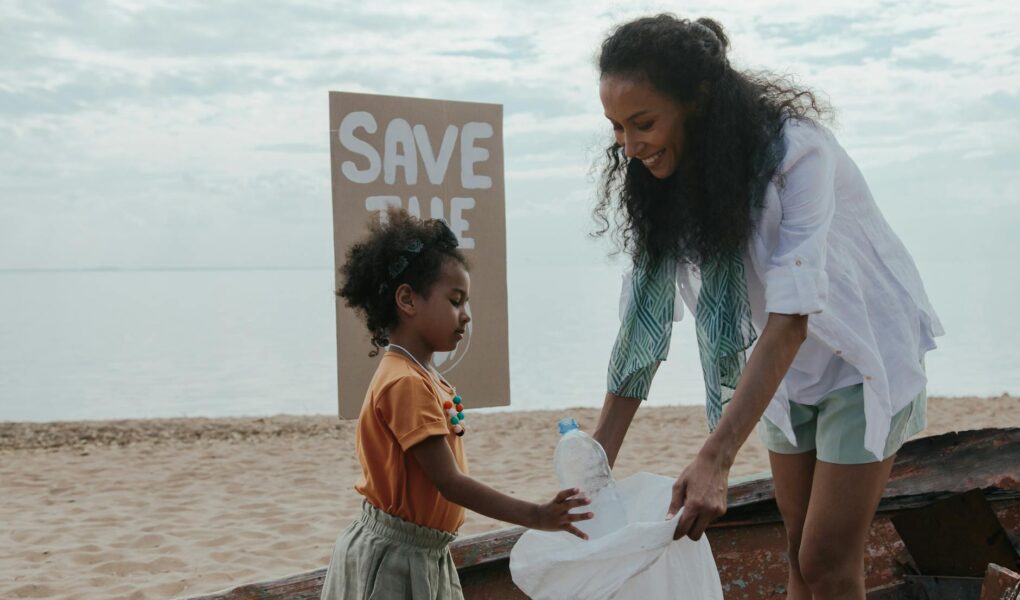Here is a list of age-appropriate skills that children can develop and master at different stages of their growth and development:
Toddler (1-3 years old):
– Basic motor skills: Walking, running, jumping, climbing, and throwing.
– Language development: Vocabulary expansion, simple sentences, and basic communication.
– Self-care skills: Feeding themselves, drinking from a cup, washing hands, and basic hygiene routines.
– Social skills: Sharing, taking turns, playing with others, and basic social interactions.
– Cognitive skills: Simple problem-solving, recognizing shapes, colors, and objects, and exploring the environment.
Preschooler (3-5 years old):
– Fine motor skills: Holding a pencil, cutting with scissors, coloring, and drawing basic shapes.
– Language and literacy skills: Recognizing letters, learning the alphabet, basic reading skills, and storytelling.
– Self-care skills: Dressing themselves, using the toilet independently, and practicing personal hygiene.
– Social skills: Playing cooperatively with peers, following rules, and expressing emotions.
– Cognitive skills: Counting, sorting, matching, recognizing patterns, and engaging in imaginative play.
Early Elementary (6-8 years old):
– Reading and writing skills: Reading fluently, writing sentences and short paragraphs, and expanding vocabulary.
– Math skills: Addition, subtraction, multiplication tables, basic fractions, and telling time.
– Self-management skills: Organizing belongings, following routines, and completing tasks independently.
– Social skills: Resolving conflicts, showing empathy, working in groups, and understanding social norms.
– Critical thinking skills: Problem-solving, making decisions, and reasoning logically.
Late Elementary (9-11 years old):
– Advanced reading and writing skills: Comprehension, writing essays, and expanding literary knowledge.
– Math skills: Division, fractions, decimals, and basic algebra concepts.
– Technology skills: Basic computer literacy, internet safety, and using digital tools for learning.
– Independent living skills: Cooking simple meals, doing chores, managing money, and practicing time management.
– Emotional intelligence skills: Recognizing and managing emotions, building resilience, and developing empathy.
Tween (12-14 years old):
– Advanced academic skills: Critical reading, research projects, complex math concepts, and scientific inquiry.
– Communication skills: Public speaking, persuasive writing, active listening, and respectful communication.
– Digital literacy: Internet research skills, online safety, and responsible social media use.
– Decision-making skills: Analyzing choices, considering consequences, setting goals, and problem-solving.
– Healthy lifestyle skills: Nutrition awareness, physical fitness, stress management, and self-care practices.
Teen (15-18 years old):
– College and career readiness: College applications, resume writing, job interviews, and financial literacy.
– Independent living skills: Household management, budgeting, time management, and academic planning.
– Critical thinking skills: Analyzing complex issues, evaluating sources, forming arguments, and making informed decisions.
– Relationship skills: Building healthy relationships, conflict resolution, communication in romantic relationships, and respecting boundaries.
– Civic engagement skills: Understanding social issues, advocacy, community service, and active citizenship.
By recognizing and nurturing age-appropriate skills in children at each stage of their development, parents, educators, and caregivers can support their growth, learning, and readiness for the challenges and opportunities they will encounter as they progress through childhood and adolescence.



